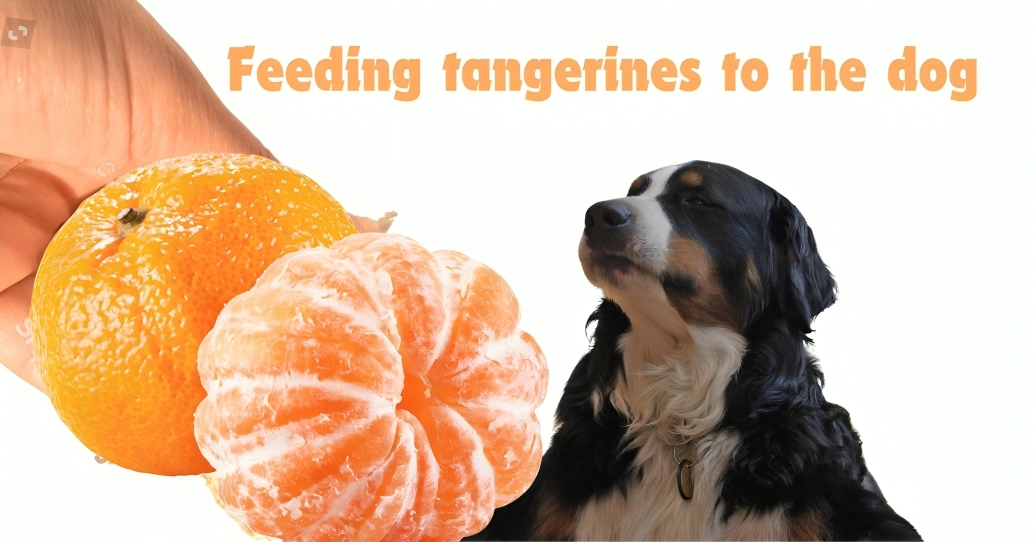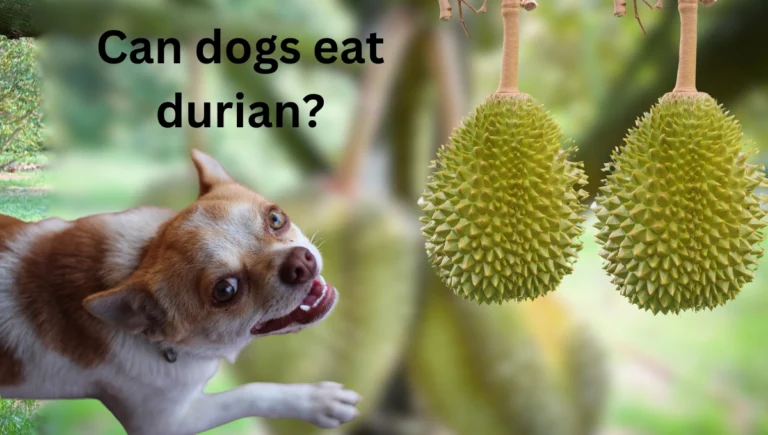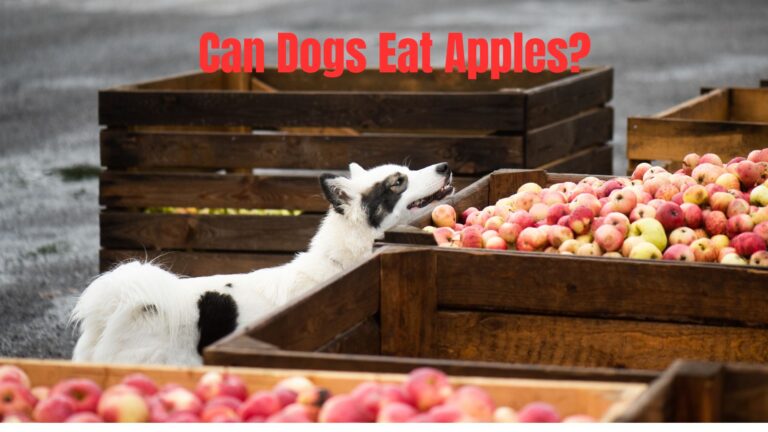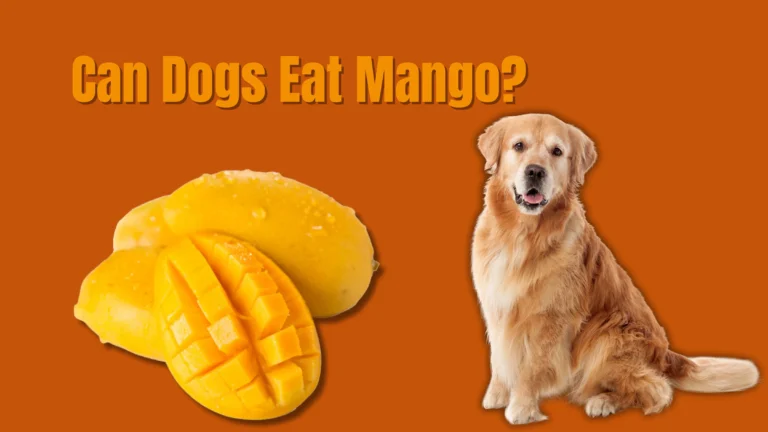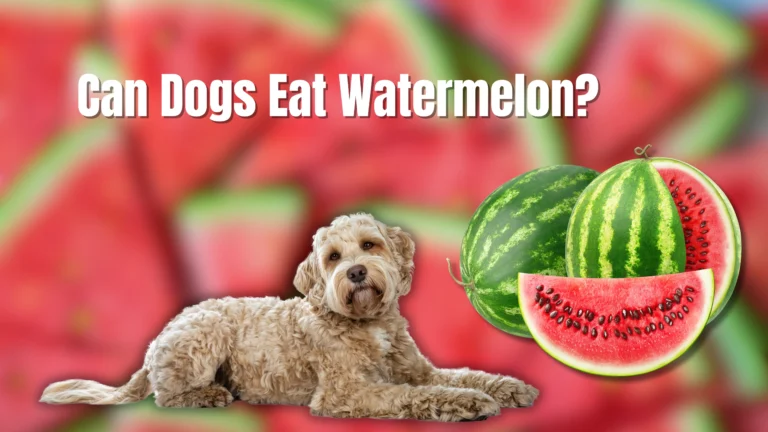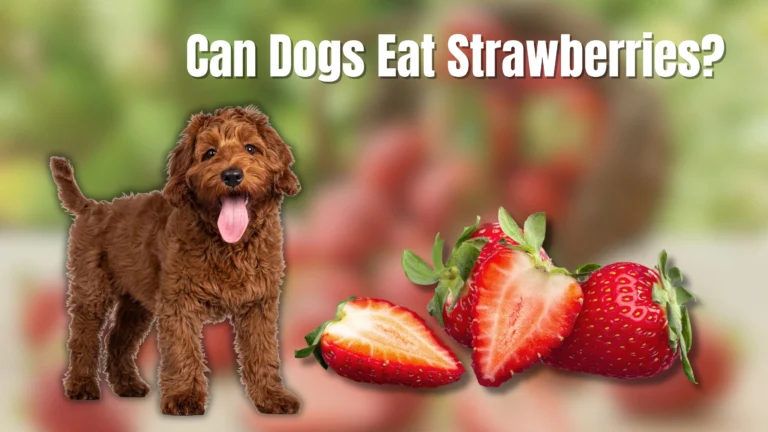Are Tangerines a Fruit Dogs Can Eat?
Dogs can safely eat tangerines, but it’s important to be cautious. Are Tangerines a Fruit Dogs Can Eat? Like oranges, the flesh of tangerines can be given to dogs in moderation. A great way to offer a fun and refreshing treat is by freezing a fruit and yogurt mixture into popsicles using an ice cube tray—your pup will love it! You can even use a dog treat or a bully stick as the popsicle stick for added enjoyment.
Along with tangerines, other fruits like oranges, apples, bananas, and blueberries are safe and healthy for dogs when properly prepared by peeling or removing seeds and cores. Always avoid fruit pits or seeds, as they can be harmful. Consider offering your dog fruits such as mango, cranberries, cantaloupe, or pumpkin for a sweet and safe treat.
How Are Tangerines Like Oranges?
Tangerines and oranges share many similarities, being round, orange, and naturally sweet, but tangerines tend to be a bit more tart and contain a lot of sugar. While dogs can enjoy tangerines, it’s important to understand how to safely offer this treat. Like oranges, tangerines can provide several health benefits to dogs if given in moderation.
Oranges, for example, are rich in Vitamin C, which supports immune health for both humans and dogs. Additionally, their high fiber content can aid digestion, helping to regulate bowel movements. With almost 90% water content, oranges offer hydration, making them a refreshing snack, especially for dogs during warmer months. The calcium and potassium in oranges help maintain a dog’s metabolism, support bone and teeth strength, and aid in regulating organ and neural functions.
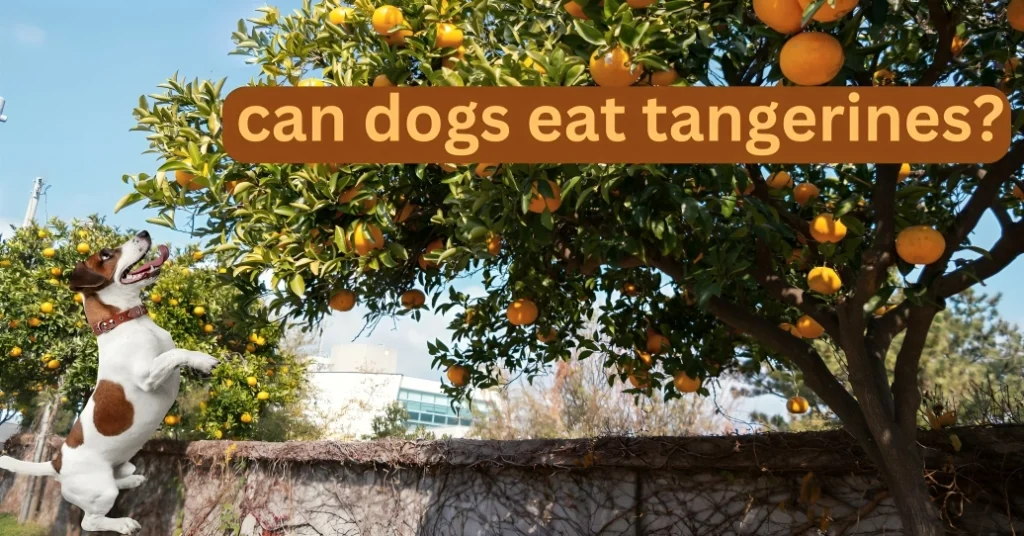
Is the Sugar in Tangerines Bad for Dogs?
Although tangerines are a healthy fruit, their high sugar content can be problematic for dogs. The natural sugars in tangerines, like fructose and sucrose, can lead to weight gain if consumed in excess. Limiting treats is essential, and it’s recommended that no more than 10% of your dog’s daily calorie intake come from treats, including fruit.
While small amounts of tangerines and other citrus fruits can be a sweet, healthy option, they do contain more sugar and fiber than regular dog food. Feeding too much citrus too quickly can upset your dog’s stomach, and over time, may lead to issues like obesity or blood sugar imbalances. Keeping these fruits as an occasional treat will help maintain your dog’s overall health.
Should Some Dogs Not Eat Tangerines?
Tangerines are not recommended for all dogs, particularly those who are overweight or diabetic, as they do not need additional sugar and calories. It is crucial to avoid giving these fruits to such dogs and to consult with a veterinarian before introducing any new fruit into their diet.
In general, dogs that have a well-balanced diet do not require the extra nutrition that fruits like tangerines provide. If you decide to share these treats, ensure they are safe for your dog by checking with your vet first. Additionally, while fruits and vegetables can be part of a dog’s diet, it’s essential to approach them with caution, as not all foods are suitable for every dog.
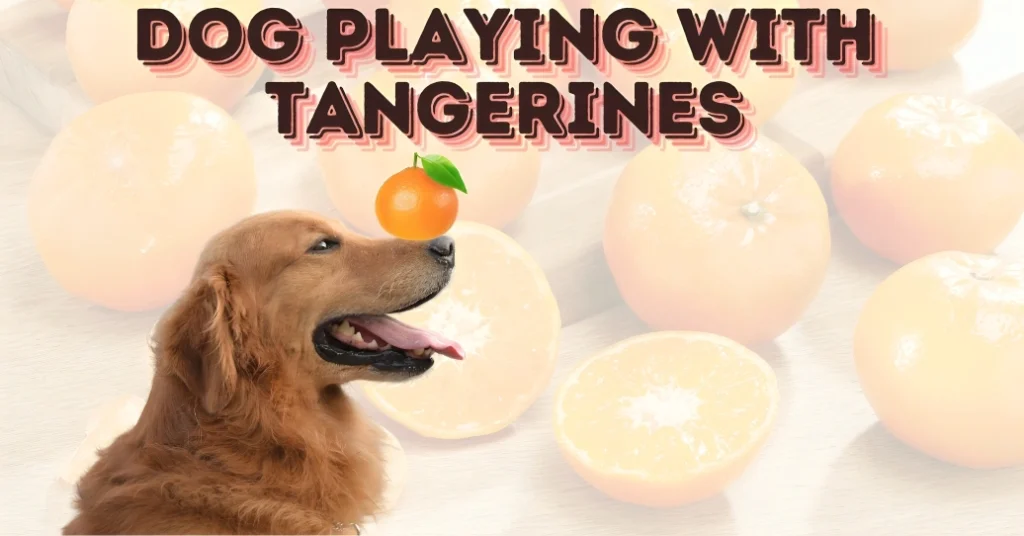
What is the Best Way to Prepare Tangerines for Dogs?
Some dogs have sensitive digestive systems that may react poorly to acidic fruits like tangerines, potentially causing issues such as diarrhea or vomiting. To safely introduce tangerines into your dog’s diet, start with a small portion and observe how your dog responds. If no adverse reactions occur, tangerines can be added as an occasional treat.
When preparing tangerines for your dog, follow these steps: First, ensure you only give the flesh of the tangerine by removing the peel, pith, and seeds. Limit the portion size to no more than two segments for larger dogs and half a segment for smaller ones each day. Cut the tangerine into small pieces to prevent choking hazards. Initially, offer the fruit alone to gauge your dog’s preference and reaction. If well-received, you can get creative by mixing tangerines into their food, freezing them as dog-friendly popsicles, or using them in treat-dispensing toys.

